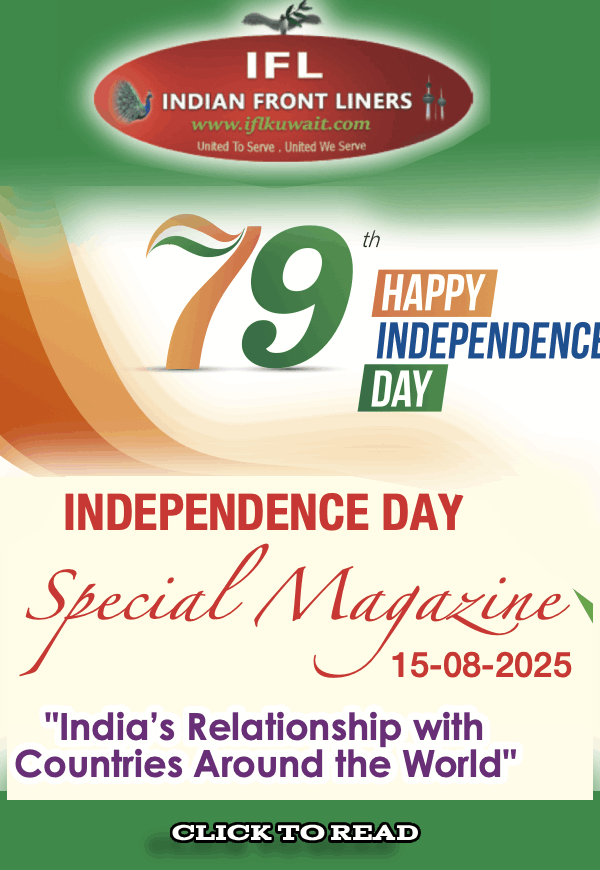NEW DELHI: KartikSawhney had to wage a battle before being allowed to study science in class XI. The CBSE was not convinced Kartik, who is completely blind, would be able to handle the 'visual inputs' — graphs, diagrams, models — required for science. The doubters got their answer on Monday. Kartik scored a 95% aggregate in science with computers in class XII.
The DPS, R K Puram, student is now off toStanford University to study computer science. If he had his way, however, Kartik would have studied in an IIT in India. But changes in IIT-joint entrance exam rules introduced last year have made it impossible for blind students to qualify, he said.
Kartik said, till last year, blind students taking the JEE had "exemption from visual input". They could attempt only the theory questions and their ranks would be determined by their performance in those. "We could also have a scribe and reader from science background," he said.
But this year, blind students were no longer exempted. Neither were they allowed to use assistive technology. "They expected me to multiply 11,652 with 651 mentally," said Kartik. "And according to the new policy, I could have a scribe and reader only from humanities or commerce streams."
It is argued that a scribe with a science background can help the candidate with his answers. As a result, Kartik had to work with readers who were not able to identify symbols and terminology in question papers. "I've had one reader describe a symbol as an "ulta V", he said. It could've been a pi or a lambda. "But I don't know," he said, "I've never seen a 'pi'."
If the education system had prevailed, Kartik wouldn't have come this far. He had to write more than two dozen letters to the CBSE and its controller of exams, had an NGO campaign and his school negotiate for him before he was allowed to opt for science in class XI.
"It was very difficult to convince the authorities to let me study science," says Kartik, the son of a car-accessories store owner. Once he finally got to study science, his school — Delhi Public School, R K Puram — found ways to help him. "For practicals, the teacher explained the apparatus and in the test, I got multiple choice questions based on the practical curriculum," he said.
Kartik's case is exceptional, said George Abraham, CEO of Delhi-based Score Foundation, "After class VIII, most blind were exempted from studying maths and science. They would be offered subjects like music. Now, some schools allow science but the number is low." Abraham adding that from 2012, CBSE has allowed multiple-choice questions in lieu of practicals and computer-based exams.
In school, Kartik was even allowed to perform experiments, but none that were hazardous, involving toxic chemicals. He also used a range of assistive devices and software — he used one to convert graphs into verbal descriptions. But there was little material available that was accessible.
"In India, we don't generally use ebooks. I used a screen-reader but didn't have text books on the computer," he said.
Kartik painstakingly keyed in all the text. "I had to do it all by myself," he said. Nothing comes to him easily, not even CBSE results. There was a glitch in his scores that had him rushing to his school in the morning. By evening, CBSE had rectified the error.
But all that work has paid off as he leaves for Stanford on September 2. He was extremely happy with the way the SATs are conducted. "You're allowed readers and they give you test booklets where the word is written for the symbols," he says.
Kartik has never lived away from his family — his father owns a store in Lajpat Nagar, mother's a homemaker and he has a twin sister and an elder brother. "I am a little nervous about leaving home but when I think about the IITs and what they did, I become confident." -TOI

Indian Frontliners (IFL) Kuwait
Celebrates
its Silver Jublee (1998-2023)



